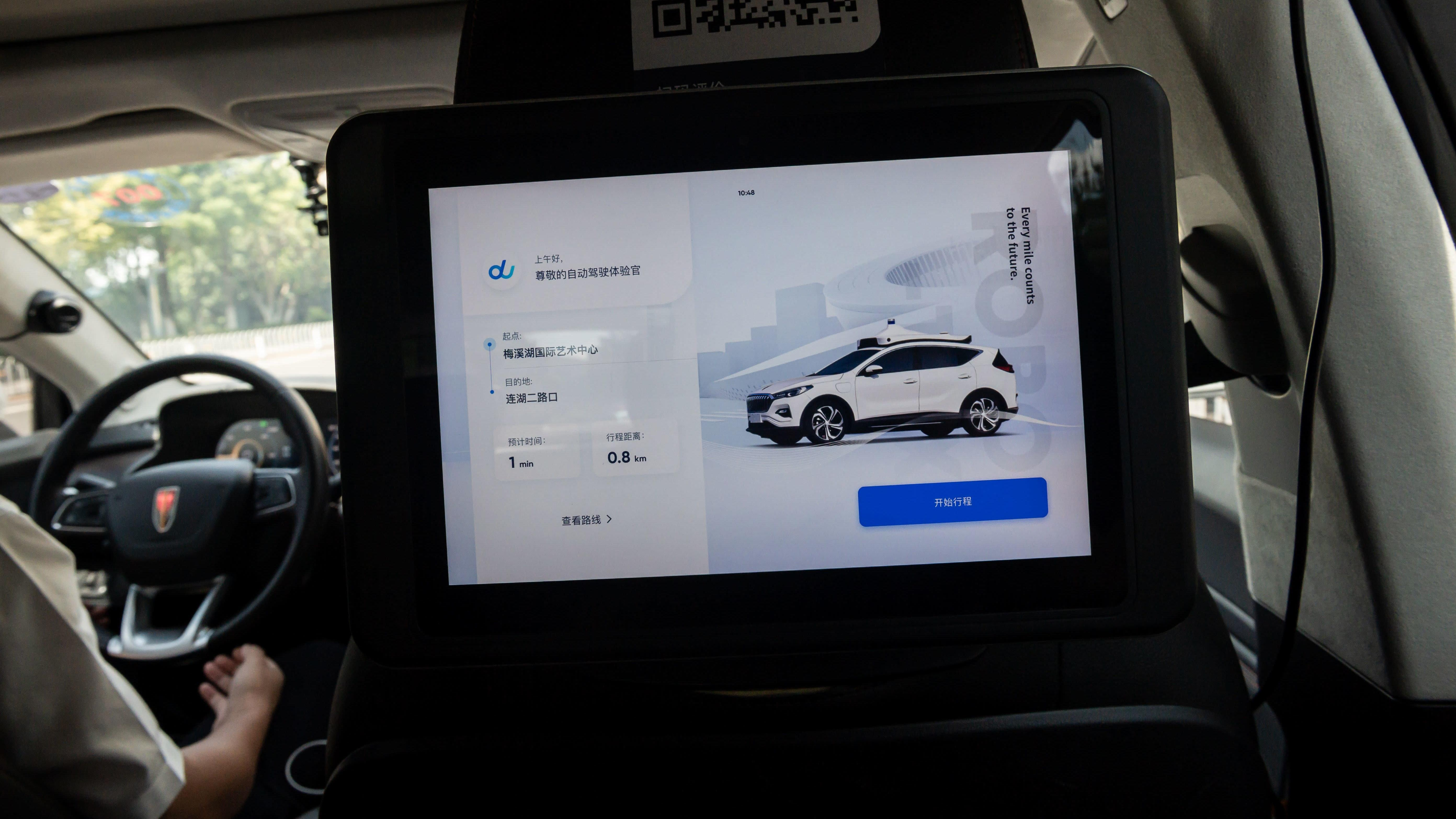People Want Safer Cars Before They Drive Autonomous Ones
Autonomy is constantly presented as the future of the automotive industry. Having cars that can truly be termed "self-driving" is the goal. But if you ask consumers, they're not all that interested in that. Not when there's work that can be done now.
The AAA conducts a similar survey every year, where it asks respondents how they feel about the concept of self-driving cars. This year's study, conducted on January 15, 2021, found that a majority of people (80 percent) want automakers to be focusing predominantly on improving current safety systems before anything else. Only 22 percent of people felt that automakers should even be focusing on autonomous systems.
"People are ready to embrace new vehicle technology, especially if it will make driving safer," said Greg Brannon, AAA's director of automotive engineering and industry relations. "Consumers are clear about what they want and if automakers seize the opportunity to provide a better experience now, it will pave the way for the vehicles of tomorrow."
Brannon makes a good point. It seems silly to want automakers to focus on autonomy exclusively when advanced safety features—like automatic emergency braking—still aren't widely available. Sure, most all cars have at least one advanced safety system nowadays, but it's still something that's frequently confined to more expensive trims.
But not everyone has had positive experiences with those technologies. A previous AAA study showed that, for every 4,000 miles driven, vehicles equipped with active driving assistance systems experienced a problem every eight miles. Those 'problems' aren't necessarily failures; sometimes it was a matter of the technology not working totally as expected, or it's a matter of the sudden nature of that technology disengaging. Those are pretty frightening numbers for anyone who drives pretty much anywhere.
If you're having trouble with your blind spot monitor working, for example, you're going to be a hell of a lot less inclined to trust that every feature of your car will function smoothly without you behind the wheel.
As with any survey, there are weak points in AAA's survey. It only surveyed 1,000 people, and while the company believes the respondents represent 97 percent of American households, a higher number of answers is always more reliable. But it still sounds like the average consumer want the current systems on their cars to work more predictably before we start giving up control.
